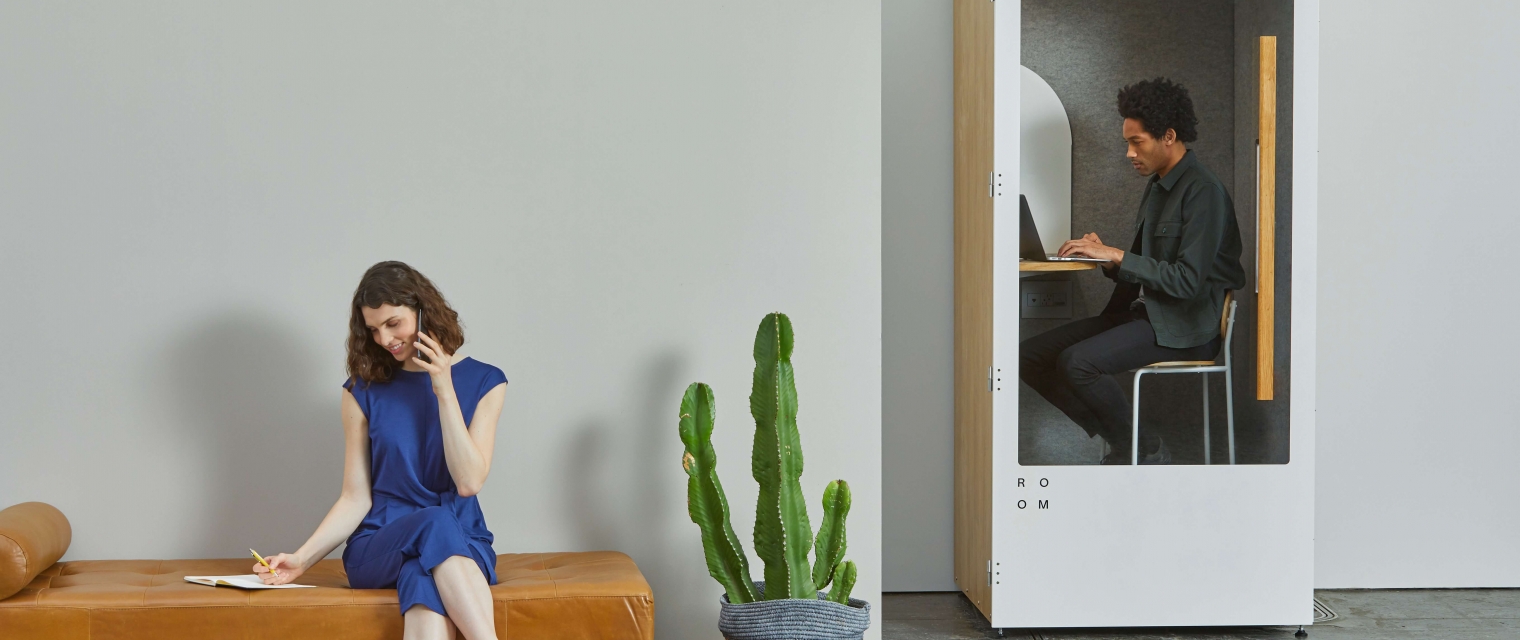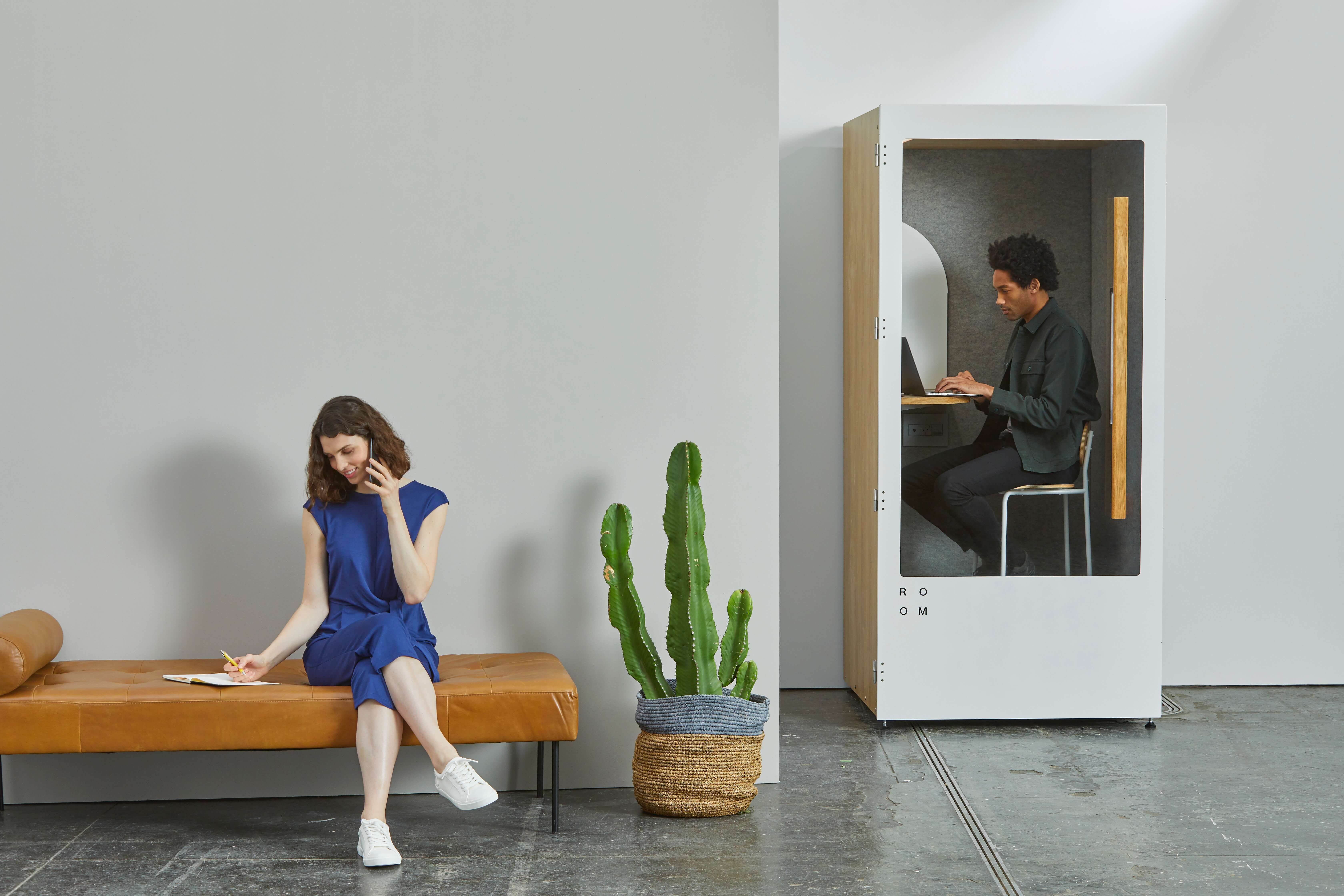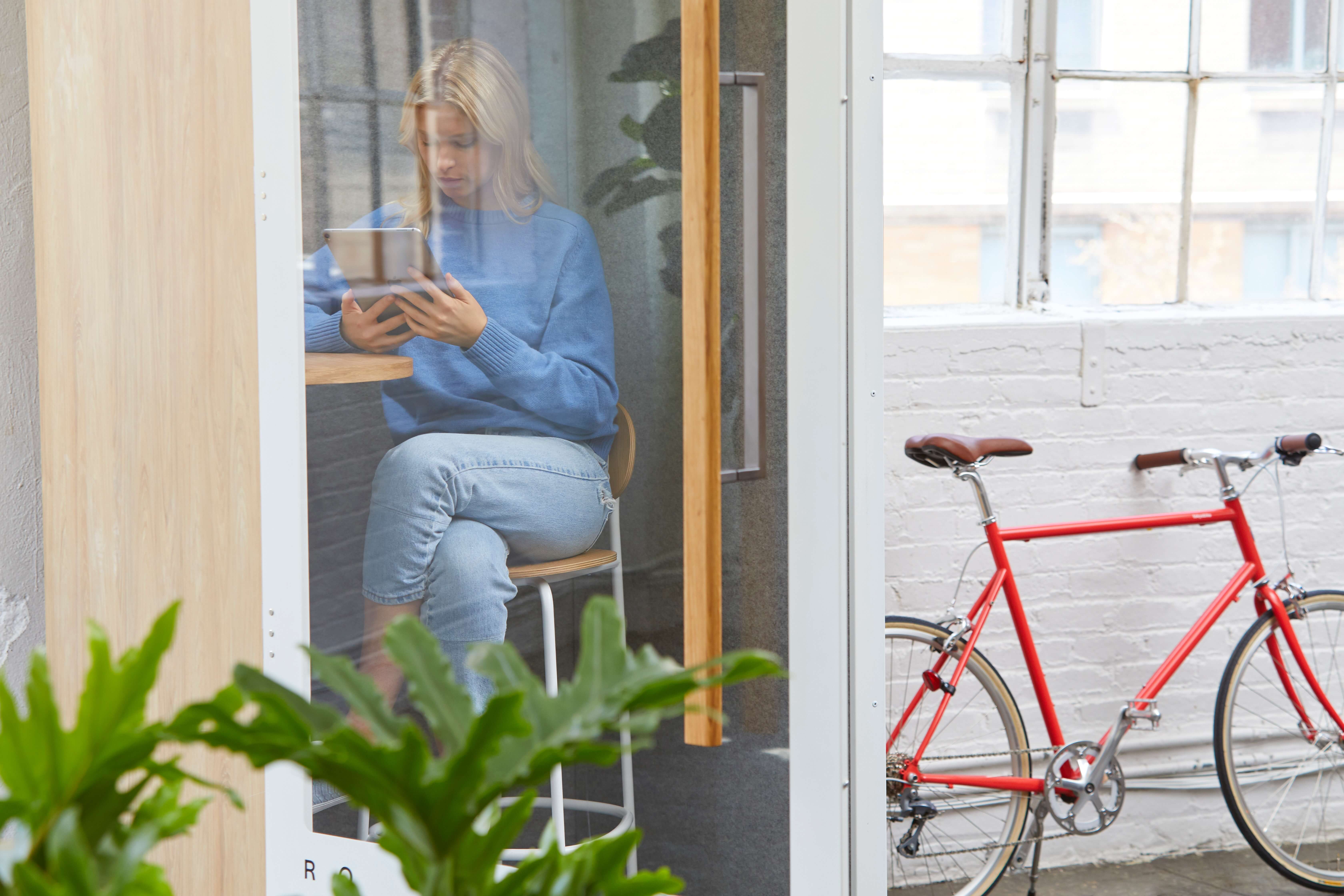T&D Design is MORE THAN A BEAUITFUL WORLD SKILLED TEAMWORK
Press Release
Out of the Open Office and Into the Pod


Human beings are not designed for long periods of sedentary work. We must get up, move around, stretch, and change our environment periodically to keep engaged. Companies became increasingly aware that previous work models did not honor this part of human genetics, and so the open office was born. The intent was to unbox the cubicle, let employees have whole rooms in which to work, and take down the physical and psychological barriers that stymied organic teamwork.
Now we know open offices don’t work like we expected.
So how do we fix the 70% of office spaces in the US configured as open offices? We certainly can’t go back to the cubicle; there would be revolt in corporate hallways. While employees aren’t always fans of open office logistics, being shoved back in a box–an increasingly smaller box as square footage measurements per employee have consistently shrunk for the last 20 years–is not an option. The taste of office freedom has been a sweet one, and employers recognize a people-centric focus on office design is where the future lies.

The Rise of Privacy Pods
Cloud-based storage has eliminated the need for a static workstation, so employees are more mobile than ever. Studies have shown natural employee movement throughout a work day includes seeking out quiet, private spaces to complete focused work, hold small huddle sessions with colleagues, or just in general staking a claim on an area that feels homey and comfortable in which to work.
Showroom: 47th Building, 90th street North, Fifth Settlement, New Cairo
For inquires
Join us

